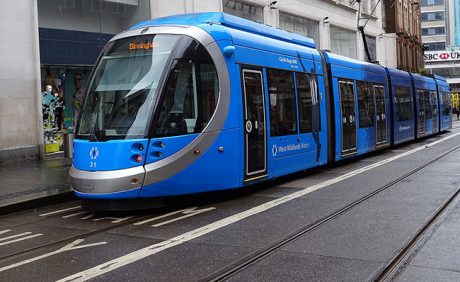Plans outlined for improved transport network across Sandwell
 Plans have been outlined for a £2bn investment to transform the West Midlands’ transport network, including improved bus services and extended Metro routes across Sandwell.
Plans have been outlined for a £2bn investment to transform the West Midlands’ transport network, including improved bus services and extended Metro routes across Sandwell.
The West Midlands Combined Authority (WMCA) has backed bids for two government funds which, topped up with local funds, could secure investment over the next five years for transport across the region.
The bids have been submitted to the government’s City Region Sustainable Transport Settlement (CRSTS) fund and the Bus Service Improvement Plan fund.
£4.2bn worth of funding is being set aside by the government for CRSTS. The funding is only available to Mayoral Combined Authorities and is aimed at projects which support economic growth, provide better connections between places and encourage more people to use sustainable and zero-carbon transport.
The WMCA-backed bid to the Bus Service Improvement Plan fund is for investment of £55m towards a fleet of 200 zero-emission hydrogen buses in collaboration with National Express West Midlands.
The bid also includes the development of 110km of new bus priority routes – with bus lanes and junction upgrades to improve reliability of services, a simplified lower cost fare system across operators, and the expansion of the new ‘West Midlands On Demand’ bus service.
In Sandwell more rapid and reliable cross-city bus routes, such as a line between West Bromwich and Castle Bromwich, could be delivered.
The plans also include £280m towards improvements to the existing West Midlands Metro network and for the design and detailed planning work for the next series of extensions in Sandwell, Dudley, Wolverhampton, Walsall and Birmingham.
Further region-wide schemes to be supported include the installation of electric vehicle charging facilities, some of them rapid charging points, and the expansion of contactless ticketing and best value fare capping.
A decision on the region’s allocation is expected this autumn with the funding covering transport investment for five years from April 2022. It is backed with more than £550m investment from public and private sector sources within the region.






